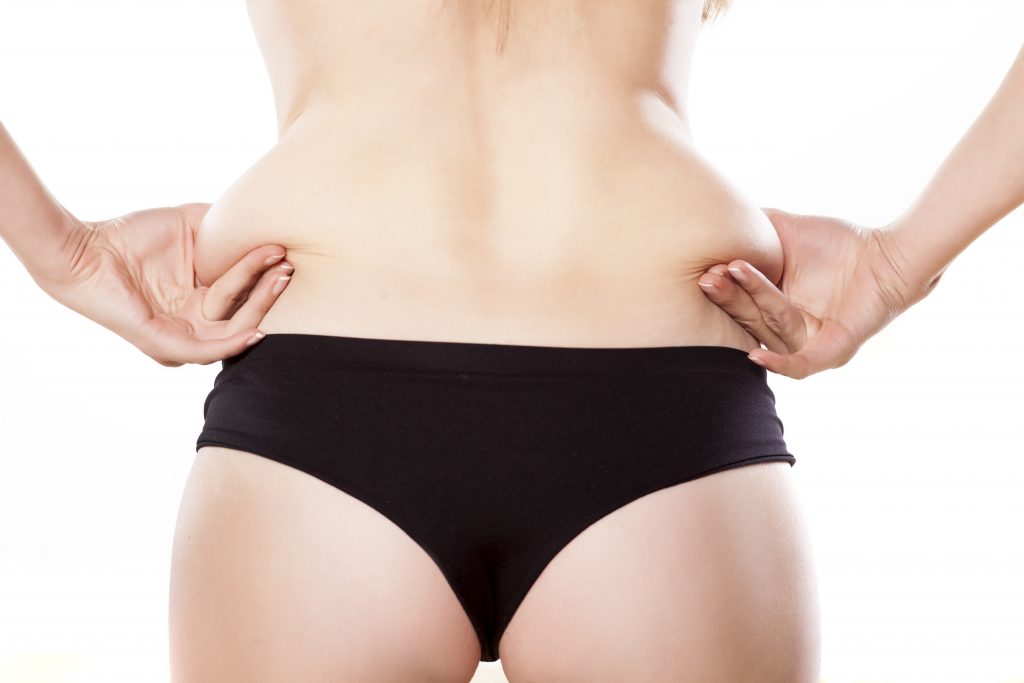
Recently, an article in Cosmopolitan magazine by Megan O’Brien got a lot of attention, and it’s no surprise why with a title like this: I’m a Size 0 and I Got Liposuction. The controversy started swirling about how someone so seemingly thin could possibly be a good candidate for fat reduction surgery.
It turned out that particular patient had pretty valid reasons for her choice (a disproportionate tummy that made her appear pregnant), but the whole controversy brought to light some facts about liposuction most people might not know. A number of factors go into determining whether someone is a candidate. Here are a few:
Realistic Expectations
Anyone considering liposuction should be aware of what it can and can’t do for your body. One of the most common misconceptions is that it is for easy weight loss. Most surgeons stress that liposuction is not a replacement for good diet and exercise habits, nor is it a fool-proof solution. While liposuction has been proven to permanently remove stubborn fat cells, you still must make healthy lifestyle choices to maintain the results. Poor diet exercise can easily undue all the work completed by your plastic surgeon. If you head into a liposuction consultation expecting to drop lots of weight and never gain it back, you may be turned away.
Good Skin Elasticity
For the best results, you need to have supple, elastic skin. If you are prone to stretch marks or already have baggy skin in some areas, you may have a less-desirable end result. Tara Reid was unfortunately the poster child for bad liposuction for a while, as she discussed candidly in PEOPLE magazine back in 2008. A possible factor in the botched procedure may have been her poor skin elasticity. Skin that is more elastic will conform to your new contours once underlying fat is removed.
Stable Weight
Most surgeons stress the importance of maintaining a stable healthy weight before undergoing liposuction. As one physician states on the popular plastic surgery forum RealSelf, “If your weight fluctuates widely, liposuction has no value. The most unhappy liposuction patients are the ones who come in after surgery having gained weight wondering why their result isn’t great. This is very frustrating for the patient and the surgeon.” What this means is that liposuction really shines as a spot treatment for those with specific problem areas. If your body weight is constantly fluctuating, it can be difficult for your surgeon to really identify where the liposuction would be most beneficial and long-lasting for you. That being said, a surgeon may decide to use liposuction to help a patient jump-start weight loss. These patients often return for additional work to put the finishing touches on their body transformations.
Recovery Time
Good candidates for liposuction must be OK with downtime and activity restrictions after the surgery. Patients are usually up and walking the same day of the liposuction, but according to Washington, D.C.’s Ruff Plastic Surgery, it takes 2 to 3 days to return to work and a few weeks to return to exercise. They also have a handy recovery guide on their website that outlines what you could expect in the days and weeks after a procedure.
For those looking to take their physique up a notch, liposuction is an amazing tool. Before getting any work done though, make sure to get a consultation done with a board-certified plastic surgeon. Oftentimes, these consultations are free or the cost can be applied to the procedure. A good surgeon can also determine for sure whether you’re an appropriate candidate.
{Editorial consideration provided by Ruff Plastic Surgery. Compensation was provided in exchange for this sponsored post. }




I didn’t know that skin elasticity was a factor in a liposuction candidate. Having the right amount of recovery time available is very wise. You want to make sure you can heal happy and healthy! Thanks for the informative post!